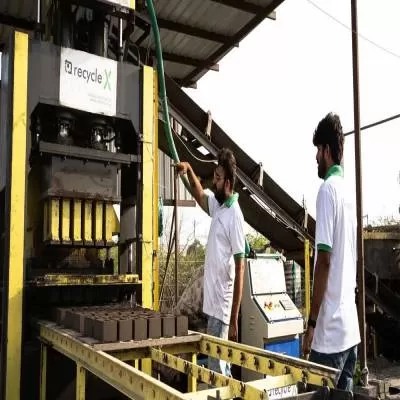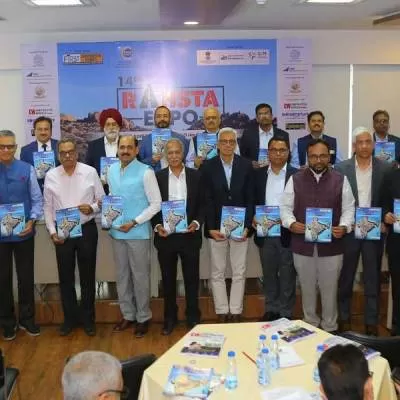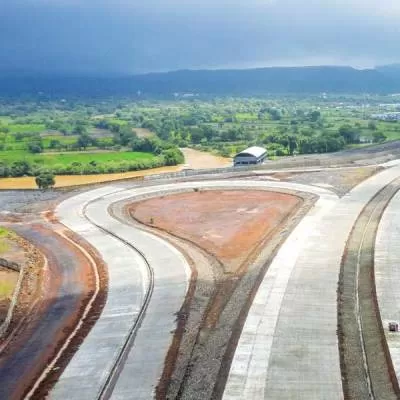- Home
- Real Estate
- Provident Fund Matters
Provident Fund Matters
Builders and Provident Funds are in news these days. CW delves into the finer nuances of the legal aspects of PF.
Under the Employees Provident Fund and Miscellaneous Provisions Act, 1952, Provident Fund is a social legislation designed for working individuals to help ensure social security which covers retirement, buying houses, medical expenses and related expenses and is applicable for any industry or unit having 20 or more people working. Ten per cent of the wages have to be deducted from the salary of the workman and an equal contribution has to be made by the employer, within a specified period, with the Regional Provident Fund Commissioner.
“This is a legal obligation and the rule is binding for all establishments notified under the Act which includes labour hired through contractor. There can be no dispute on this front at all,” says Suman Jain, Solicitor, SJ & Associates. “As per para 30 (3) of The Employees’ Provident Fund Scheme 1952, it shall be the responsibility of the principal employer to pay both the contribution payable by himself in respect of the employees directly employed by him and also in respect of the employees employed by or through a contractor and also administrative charges,” he further elaborates.
Even if an individual works for a day, his PF will have to be deducted. When he leaves the organisation, he is entitled either to transfer the account or receive the provident fund from the commissioner, as per law. There is also a provision under Section 14 of the act, which states that if the employer fails to deposit the amount, criminal proceedings can be initiated against him, which can also result in conviction.
A leading contracting company source reveals, “When we hire sub-contractors, we ensure that they have PF accounts. When we pay their salaries, we make sure they give us PF details of their employees.”
A large chunk of the builder community claim that they have never paid PF, considering most labourers are temporary and insist on receiving their payment without any reduction in their salaries. They believe that they will never get their money back, if it is deposited in Provident Fund. Anand Gupta, Honorary Treasurer, Builders Association of India, says, “The labourers have no faith in the system. Out of the 30 million labourers in the country only 426,000 have enrolled for PF.” He further points out that “Despite the law being active for the last 20 years, the common labourer even today refuses to work, in case of a PF deduction.”
While the developer community may attribute this to a general lack of education and understanding of procedures among these labour classes, Jain is quick to refute this claim, stating, “There are so many agencies, who can guide any individual in claiming their PF dues. All the person needs to do is to move an application through his employer.”
Defaulting on PF dues imply a clear breach of law. However one cannot ignore the plight of the developer community either. Perhaps a review of the existing set of laws is in order. Let’swait and watch!
Builders and Provident Funds are in news these days. CW delves into the finer nuances of the legal aspects of PF. Under the Employees Provident Fund and Miscellaneous Provisions Act, 1952, Provident Fund is a social legislation designed for working individuals to help ensure social security which covers retirement, buying houses, medical expenses and related expenses and is applicable for any industry or unit having 20 or more people working. Ten per cent of the wages have to be deducted from the salary of the workman and an equal contribution has to be made by the employer, within a specified period, with the Regional Provident Fund Commissioner. “This is a legal obligation and the rule is binding for all establishments notified under the Act which includes labour hired through contractor. There can be no dispute on this front at all,” says Suman Jain, Solicitor, SJ & Associates. “As per para 30 (3) of The Employees’ Provident Fund Scheme 1952, it shall be the responsibility of the principal employer to pay both the contribution payable by himself in respect of the employees directly employed by him and also in respect of the employees employed by or through a contractor and also administrative charges,” he further elaborates. Even if an individual works for a day, his PF will have to be deducted. When he leaves the organisation, he is entitled either to transfer the account or receive the provident fund from the commissioner, as per law. There is also a provision under Section 14 of the act, which states that if the employer fails to deposit the amount, criminal proceedings can be initiated against him, which can also result in conviction. A leading contracting company source reveals, “When we hire sub-contractors, we ensure that they have PF accounts. When we pay their salaries, we make sure they give us PF details of their employees.” A large chunk of the builder community claim that they have never paid PF, considering most labourers are temporary and insist on receiving their payment without any reduction in their salaries. They believe that they will never get their money back, if it is deposited in Provident Fund. Anand Gupta, Honorary Treasurer, Builders Association of India, says, “The labourers have no faith in the system. Out of the 30 million labourers in the country only 426,000 have enrolled for PF.” He further points out that “Despite the law being active for the last 20 years, the common labourer even today refuses to work, in case of a PF deduction.” While the developer community may attribute this to a general lack of education and understanding of procedures among these labour classes, Jain is quick to refute this claim, stating, “There are so many agencies, who can guide any individual in claiming their PF dues. All the person needs to do is to move an application through his employer.” Defaulting on PF dues imply a clear breach of law. However one cannot ignore the plight of the developer community either. Perhaps a review of the existing set of laws is in order. Let’swait and watch!
























